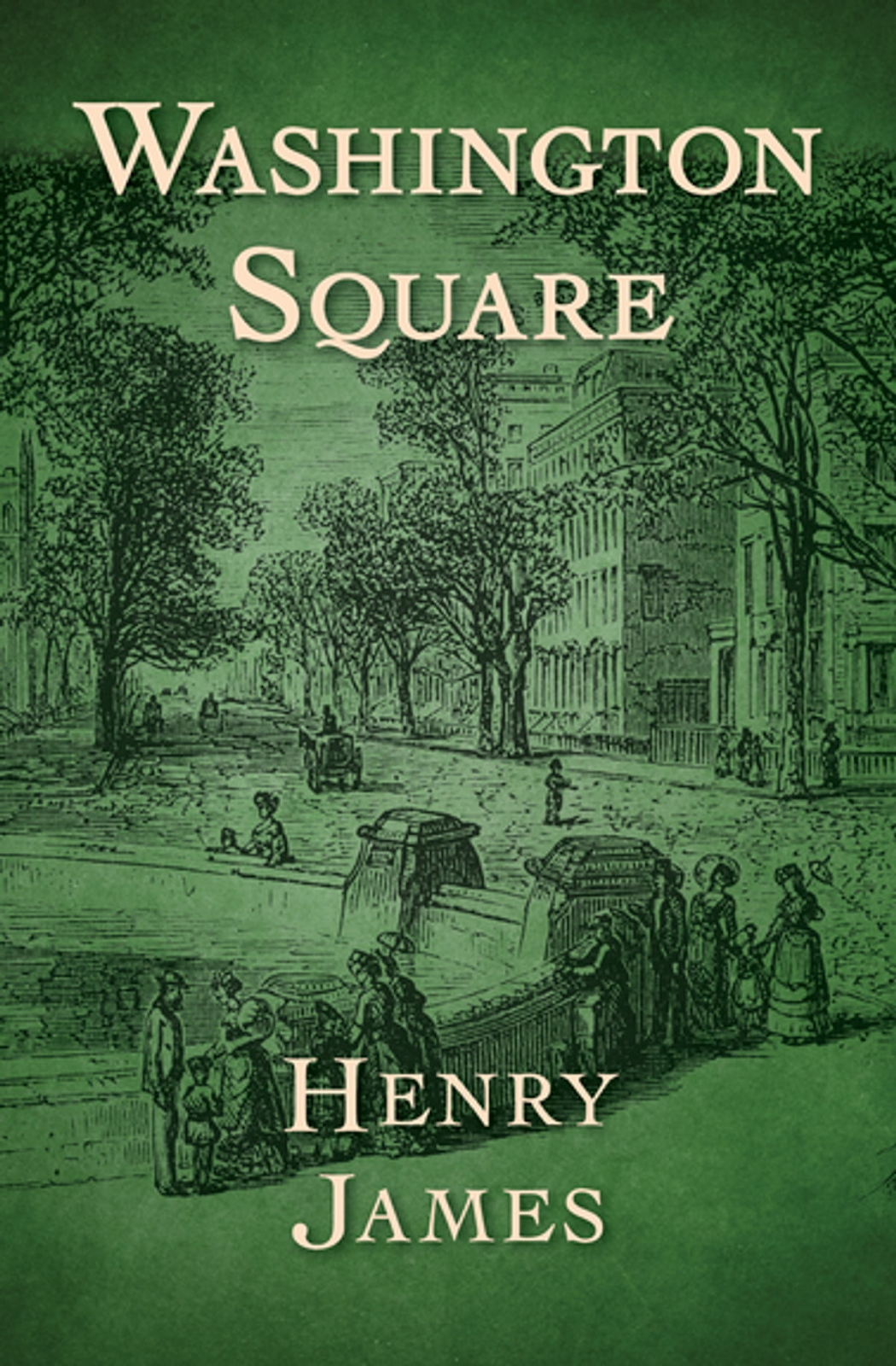 |
| © Orion Pictures. |
He then directed The World’s Greatest Lover, in 1977, which was a commercial and critical disappointment.
After taking a long break from directing, Wilder bounced back with his next effort, 1984's The Woman in Red, which was one of the surprise sleeper hits of that year, and which garnered an Oscar nomination for best song as well.
The success of The Woman in Red, led to Orion Pictures offering Wilder another project of his choice to write and direct.
The result was Haunted Honeymoon, released in 1986.
The film was instantly dismissed by critics as an unfunny disaster, and, after proving to be a commercial failure, quickly disappeared from theaters.
At first glance, it is easy to see why Haunted Honeymoon failed so miserably upon release.
Wilder, who, up to that point, was mostly known for his quirky brand of bombastic comedy, produced something quite different with Haunted Honeymoon, a mishmash of genres, including horror, mystery, freudian thriller, and slapstick comedy. An uneasy mixture that would have been challenging to pull off for any filmmaker, let alone a relatively unseasoned director like Wilder.
But, apparent flaws aside, Haunted Honeymoon has a lot to offer.
The film takes place in the 1930s, and tells the story of Larry Abbot, a man who has everything going for him. He is starring in the most successful show on the radio and he’s about to get married to Vickie, the love of his life. But underneath all the fame and success, something is troubling him, leading him to freeze while performing on the air. So he decides to go on a trip with Vickie to the eerie castle where he grew up, and where his family still resides. But upon arrival, Larry is entangled in a web of murder and dark family secrets, and discovers that one of the residents of the castle might be a werewolf.
Like all of the films Wilder has written or directed, Haunted Honeymoon is more of an ensemble piece than a starring vehicle for Wilder, with Wilder providing his terrific cast with plenty of opportunities to shine.
From Bryan Pringle as Pfister, the imposing but lovable alcoholic butler, to Jonathan Pryce as Charles, the sleazy ne’er do well, to the delightful Eve Ferret as the bubbly Sylvia.
Surprisingly enough, two of the film’s biggest stars don’t fare so well. Gilda Radner is woefully miscast as Vickie, Wilder character’s love interest, and Wilder himself admitted in his autobiography, Kiss Me Like A Stranger, that he only cast Radner under pressure from her and to spare her feelings. And although Radner shines in a moment or two, she’s too good a comedienne not to, her performance is awkward and distracting.
And Dom Deluise, performing in drag as Katherine, Larry’s aunt and the family’s imposing matriarch, almost has nothing to do, with Wilder and Deluise seemingly depending on the mere sight of Deluise in woman’s dress to do the work.
And like all the films Wilder directed, Haunted Honeymoon comes off as incoherent, occasionally overwrought, and too self-indulgent, jumping from one scene to the next with little rhyme or reason, and feeling more like a series of episodes than a cohesive story.
So it’s easy to see why Haunted Honeymoon doesn’t work on many levels.
But despite all the film’s problems, it still has its charms.
The film has a brilliantly stylish Gothic atmosphere, with dazzling production design by co-writer Terence Marsh, who, in spite of a modest budget, manages to enrich the film’s sets with plenty of lush period detail. This provides one of the film’s highlights, as Haunted Honeymoon is obviously Wilder’s loving tribute to the horror comedies of the 1930s and 40s, with thundering skies, secret passages, evil villains with glowing eyes, and even a werewolf or two.
And the film’s second half is a fast-paced delight, featuring one scary gag after another, with Wilder arguably doing some of his best work as director, as the film is undeniably Wilder’s most visually accomplished effort.
Even if the climax is a bit abrupt, and there’s one revelation too many, Haunted Honeymoon is an enjoyable misfire, a visually stylish, unique, and absorbing horror comedy from a one of a kind comedic artist.
Text © Ahmed Khalifa. 2023.
Subscribe to the YouTube channel.
Buy A. Kale's books, published by The Dark Fantastic Network and VHS Books.
Subscribe to The Dark Fantastic podcast on Acast, Google Podcasts, Spotify, Castbox, Amazon Music, Deezer, Podchaser, iHeart, or wherever you get your podcasts.
Watch/Listen to the video version of this article:












